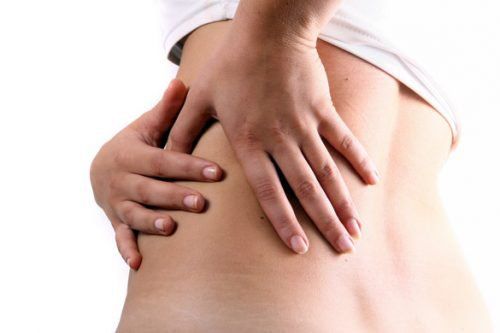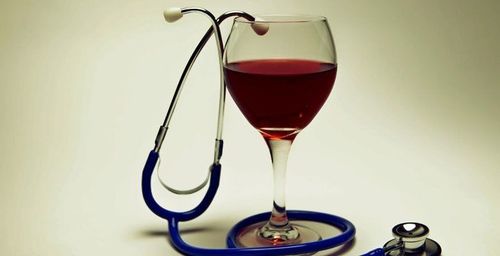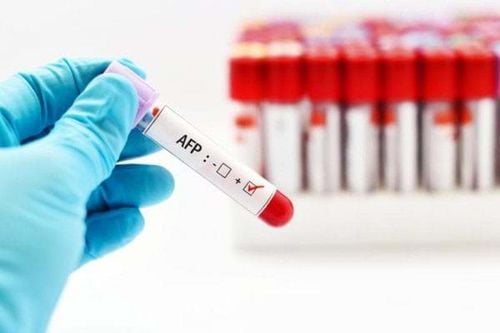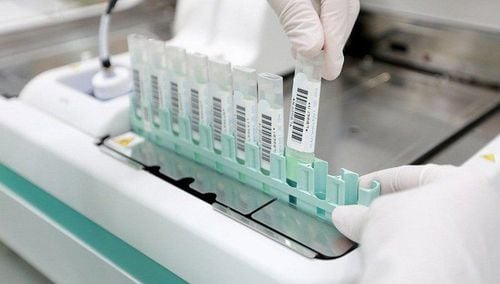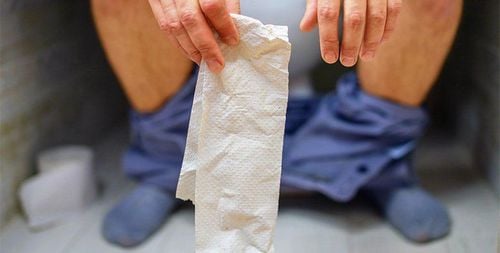This is an automatically translated article.
The article was professionally consulted by Dr. BS Doan Thi Hong Hanh - Head of Laboratory Department, Laboratory Department - Vinmec Ha Long International HospitalTesting a stool sample helps your doctor diagnose conditions that affect digestion. These conditions may include infection, poor nutrition, or cancer. Stool testing contributes to the diagnosis of a number of gastrointestinal diseases.
1. What is a stool test?
Stool testing is not a routine test and is only done when ordered by a doctor. For stool testing, the Standard Stool Instrument is the supplied stool vial (with a plastic spoon inside). There will be two types: sterilized ones used to do culture tests for pathogenic bacteria and non-sterile ones used for other tests and then sent to a lab. When doing this test, the doctor will use a microscope and biochemical and microbiological tests to analyze the color, shape, consistency, presence of mucus, and find hidden substances in the stool. including: Blood, fat, meat fibers, bile, white blood cells, and sugars... to detect and diagnose diseases related to the digestive tract.Stool testing is a series of tests done on a stool sample to help your doctor diagnose conditions affecting your digestive tract. These conditions can include infections (such as parasitic, viral, or bacterial infections), poor nutrient absorption, or cancer.
2. What do the results of a stool test indicate?
Identify diseases of the gastrointestinal tract, hepatobiliary tract, and pancreas. Certain enzymes can be tested in the stool to help determine your pancreas function; Find out the cause of symptoms affecting your digestive tract, including persistent diarrhea, bloody diarrhea, bloating, nausea, vomiting, loss of appetite, bloating, abdominal pain, cramps, and fever; Detect colon cancer by checking for blood in the stool; Detect parasites, such as pinworms or Giardia; Find out what's causing the infection, such as bacteria, fungi, or viruses; Check your gastrointestinal absorption of nutrients (eg, look for malabsorption syndromes). For this test, all stool samples will be collected over a 72-hour period and then tested for fat (and sometimes muscle fibers) in the stool. This test is called a 72-hour stool test or stool fat test; The stool test also helps doctors to treat the right disease at the right time, avoiding the case of treating the wrong disease, using the wrong medicine, and reducing treatment costs for patients.
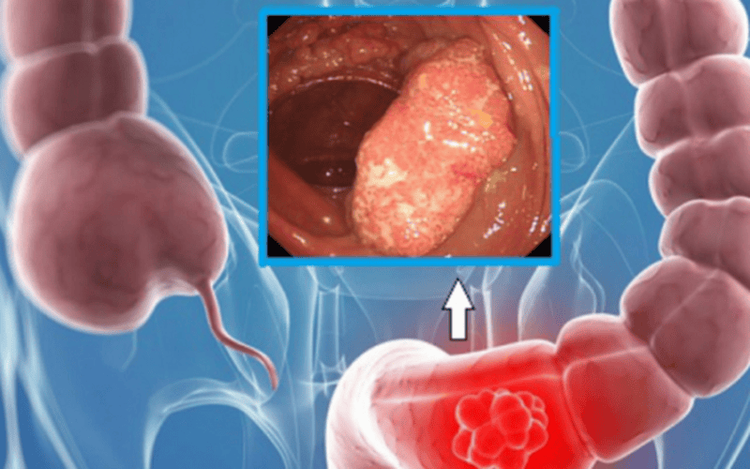
Từ xét nghiệm phân có thể phát hiện ra bệnh ung thư đại tràng
3. What should I know before conducting a stool test?
Some drugs can affect stool test results such as antibiotics, antidiarrheal drugs, contrast agents, bismuth (a medicine that protects the stomach lining, used to treat ulcers) gastrointestinal tract, iron pills, vitamin C, non-steroidal anti-inflammatory drugs (NSAIDs), and magnesium.Do not let stools contaminated with blood such as menstrual cycle, blood from anal fissures, hemorrhoids, external lesions anus or other substances from towels or toilet paper After sampling, it should be sent to a laboratory within one hour Before performing this medical procedure, you should be aware of the warnings and precautions. If you have any questions, consult your doctor for more information and specific instructions.
4. Instructions for reading results
There is fat in the stool: High levels of fat in the stool can be due to diseases such as pancreatitis, celiac disease, cystic fibrosis (a dangerous genetic disease that affects many organs in the body, especially gastrointestinal and respiratory systems), or other disorders affecting fat absorption. Low stool pH: A low pH can be caused by poor absorption of carbohydrates or fats. Stool with a high pH can be caused by inflammation in the intestines (colitis), cancer, or antibiotic use. Blood in the stool: Detecting blood in the stool may be due to bleeding in the gastrointestinal tract. White blood cells in the stool: White blood cells in the stool can be caused by inflammatory bowel disease, such as ulcerative colitis, or by bacteria. Viruses found in feces such as rotavirus. Rotavirus is a common cause of diarrhea in young children. If diarrhea is ongoing, testing may be done to look for viruses in the stool. The amount of sugar in the stool. High levels of reducing sugar in your stool could be because you have some problems digesting the sugar. Low levels of reducing sugar can be caused by celiac disease, cystic fibrosis, or malnutrition. Medications like colchicine (for gout) or birth control pills can also cause low levels of sugar. Fecal transplant. This test checks for normal microorganisms that are not present in the stool or those that are present in the stool in excessive amounts. The culture will determine what microorganisms are present and determine if they are the cause of the diarrhea.
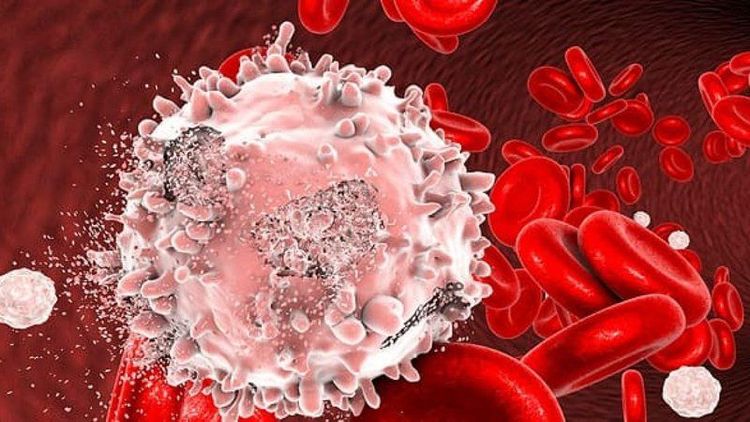
Khi tiến hành xét nghiệm phân có thể phát hiện bạch cầu trong phân
There is the Toxin of Clostridium Difficile in the feces . Clostridium difficile is a bacterium that causes chronic diarrhea. This bacteria, along with others, may appear normally in the gut but begin to increase in numbers following antibiotic treatment. This overproduction causes diarrhea. Contains eggs and parasites g. This test looks for signs of parasites living in the intestines. These parasites are commonly found in foreigners living in countries where food and water are not hygienic, people who have traveled through these areas, people who eat rare meat will be infected with the parasites. insects and people swimming in dirty water. This test looks at a stool sample under a microscope to look for parasites or their eggs. In general, the results of a stool test can be answered immediately (a rapid test for blood in the stool) or within a few hours (for parasites) or days to weeks (if a stool culture is for bacteria or viruses).
To register for testing at Vinmec International General Hospital, customers can contact Vinmec Health System nationwide or register online HERE.
MORE:
Urinalysis indicators How does fecal occult blood test work? Test for total protein in blood, urine





